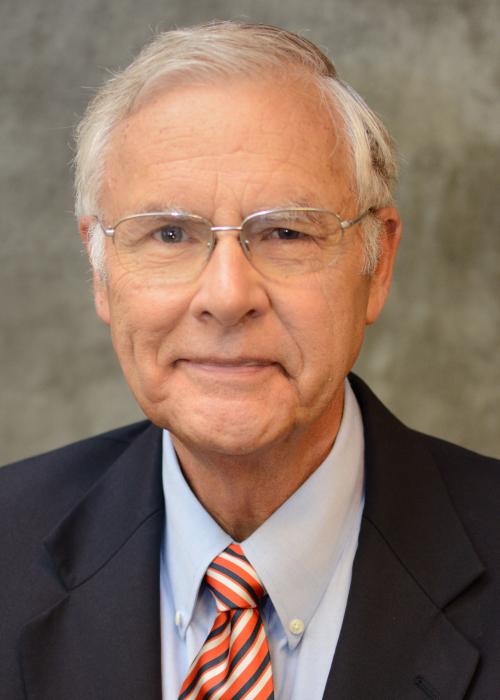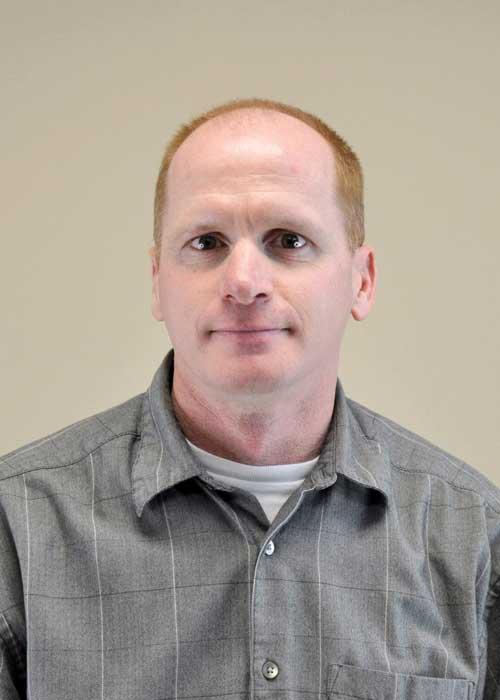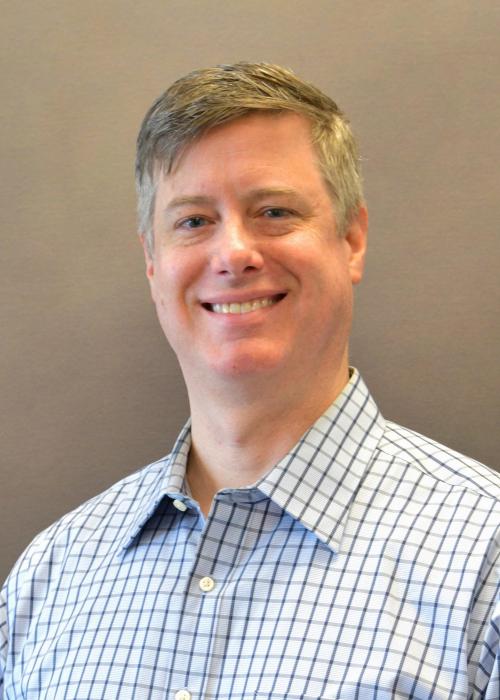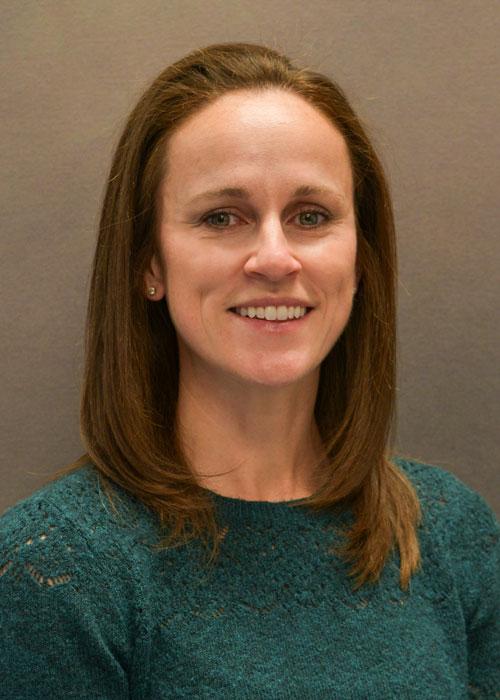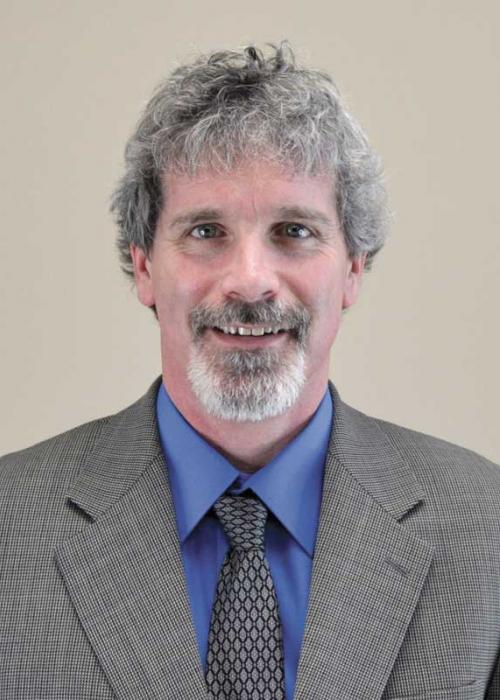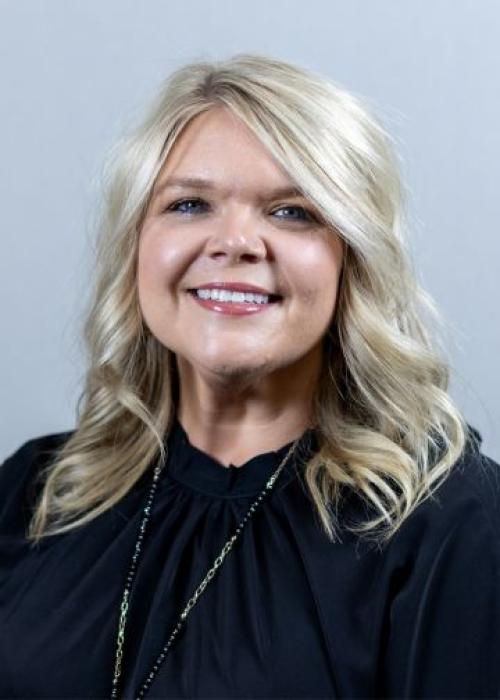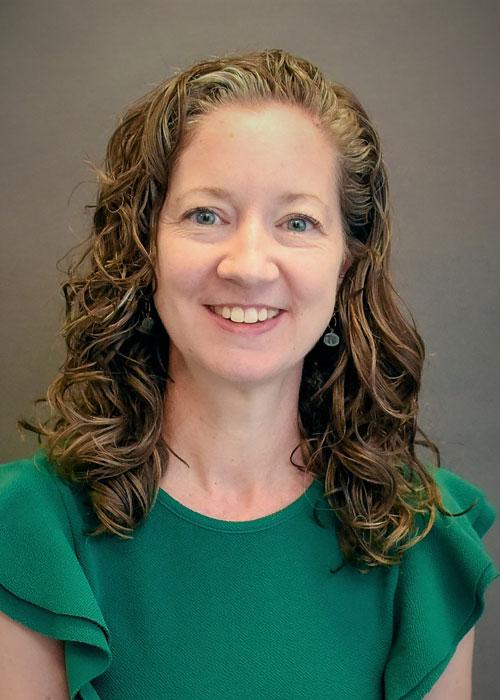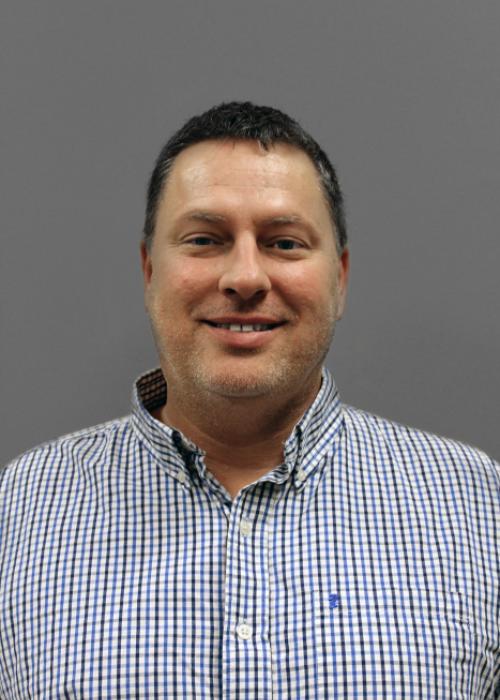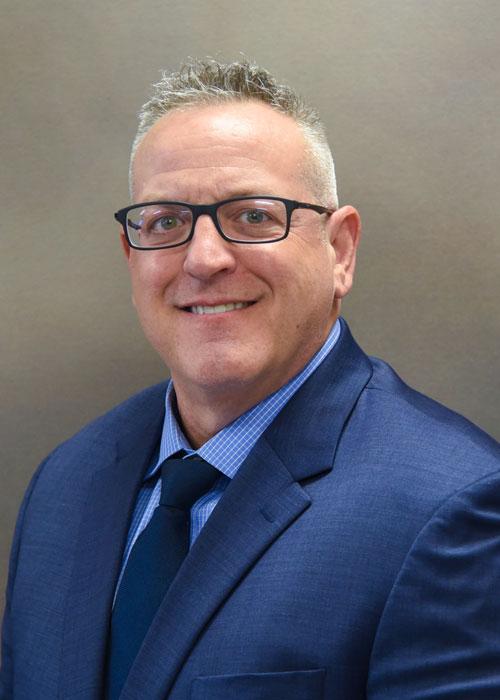J. Danielle McCullough, MS, PhD
Preferred First Name: J. Danielle
Associate Dean for Curriculum, Assessment & Medical Education
Associate Professor for Anatomy and Physiology
Education
| Year |
University |
Degree |
| 2015 |
Brown University/Providence VA Medical Center |
Postdoctoral Fellow - Cardiopulmonary Physiology & Vascular Research Laboratory |
| 2013 |
University of Florida |
PhD - Exercise Physiology |
| 2009 |
University of Florida |
MS - Human Performance |
| 2007 |
University of Guelph |
BS - Human Kinetics/Sports Injury Management |
My primary research interests are in the field of cardiovascular physiology and, in particular, the effects of exercise on microvascular function and hemodynamic control in the setting of various physiological stressors and pathologies. Ultimately, my research goals are to i) elucidate mechanisms associated with exercise-induced improvements in vascular function and blood flow control in common pathologies (heart failure, prostate cancer, and pulmonary hypertension), and ii) promote the use of exercise as a therapeutic modality in the management and prevention of disease progression in rodent pre-clinical models of disease.
Office: 217
Department/Disciplines:
Medical Education,
Anatomical Sciences,
Cell Biology and Physiology
Campus:
Auburn
Fax: 334-442-4096
